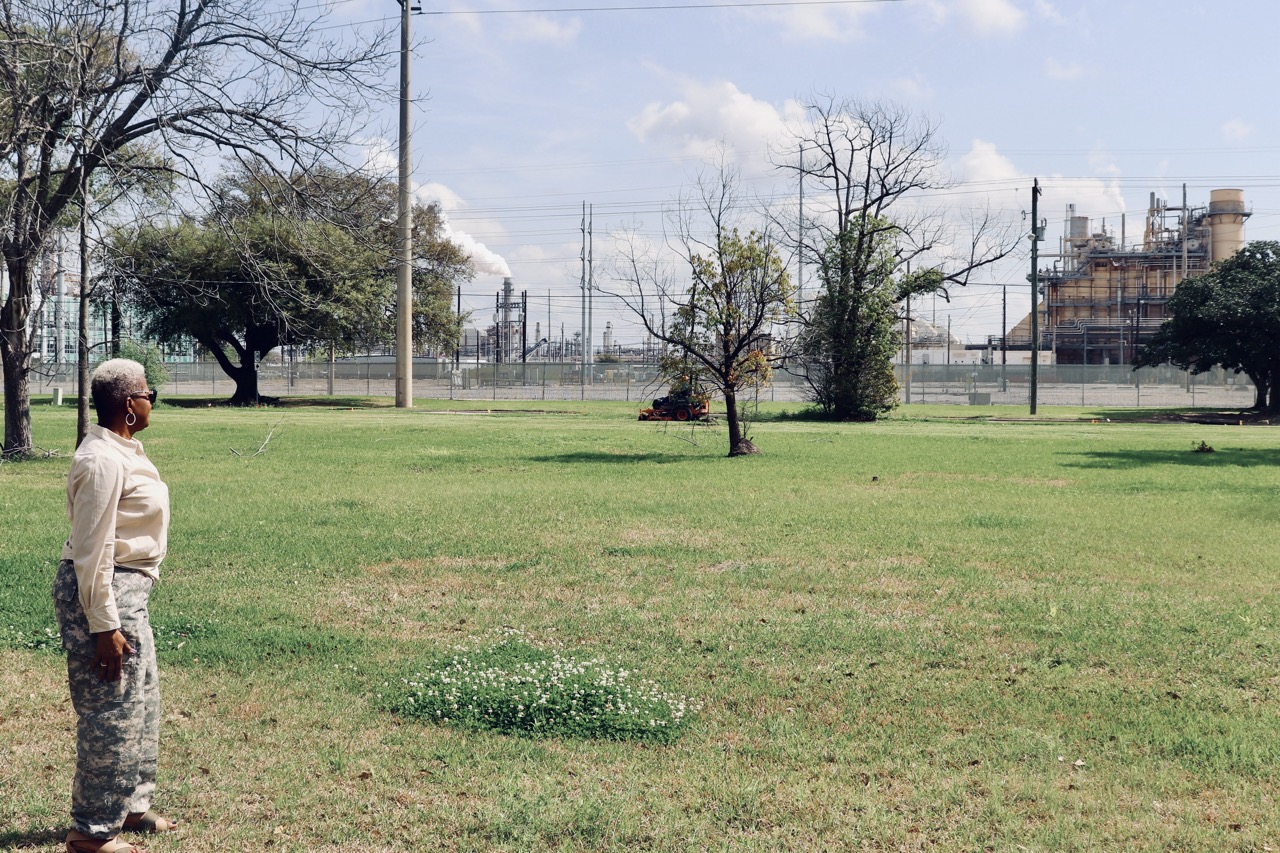Bitcoin’s Role in Texas Energy Crisis and Its Impact on Black Communities
Bitcoin is becoming more than just a speculative asset; it is contributing to Texas’ ongoing energy challenges as the state braces for another year of extreme heat. This situation disproportionately affects Black communities, which are caught in the middle of climate change issues, burgeoning data centers, and the power generation necessary to support both.
In the previous year, Texas experienced its hottest summer on record, with Black residents suffering the most from the heat. The tragic stories of a 5-day-old Black infant and a 66-year-old Black postal worker succumbing to heat-related illnesses sparked a national outcry. This devastating summer further strained the Electric Reliability Council of Texas (ERCOT), which had been grappling with how to stabilize the state’s electric grid for years.
Following a severe winter storm in 2021 that showcased the state’s unpreparedness for extreme weather, Texas has sought solutions to ensure sufficient electricity production during emergencies. Their response has been to invest in new fossil fuel power plants. Although state officials claim these facilities will address the energy demands driven by severe weather and population growth, a new ERCOT forecast indicates that much of this demand will stem from energy-intensive data centers supporting artificial intelligence and cryptocurrency operations.
This essentially means that Texas is constructing environmentally harmful power plants, historically located in Black communities, to serve industries that, according to experts, are exacerbating economic inequality and discrimination against Black Americans. Despite studies indicating that cleaner energy options like wind and solar are not only more sustainable but also cheaper in Texas, the state opted to subsidize $10 billion for new gas plants in the wake of last summer’s heat.
Nationwide, low-income Black communities are disproportionately affected by pollution from power plants, facing the highest mortality rates linked to such pollution. In Texas, over 75% of gas power plants are situated in areas with a higher concentration of people of color, as revealed by a Capital B analysis of Environmental Protection Agency (EPA) data. Preliminary documents reviewed by Capital B suggest this trend of placing facilities in communities of color will likely continue, with approximately 45% of new plant applications targeting areas with above-average Black populations.
“They are using extreme weather events, like the freeze and the heat, as justification for constructing these new gas facilities,” Brittney Stredic, a member of a community coalition opposing a new gas plant in her Houston neighborhood, stated last year. “But we don’t need it.”
### Texas’ Renewable Energy Aspirations vs. Fossil Fuel Reality
While Texas has gained recognition as a leading renewable energy hub in the U.S., these recent developments represent a significant setback for both the state and the environment. The increasing severity of climate change, driven primarily by fossil fuel consumption, raises concerns as Texas aligns itself with industries known to harm Black communities.
“There are numerous downsides to cryptocurrencies, but the industry possesses substantial financial resources and has been leveraging this wealth to influence favorable policies in Washington, D.C., and states like Texas,” remarked Algernon Austin, director of Race and Economic Justice at the Center for Economic and Policy Research. Austin has extensively studied how this speculative financial practice targets the nation’s most vulnerable populations. “Cryptocurrencies appear to be a new avenue for financial loss. Research suggests they may be contributing to greater inequality,” he added. “The environmental ramifications are equally troubling.”
Both artificial intelligence systems and cryptocurrency mining require vast amounts of energy and water due to the computational power needed for processing complex algorithms and transactions. These supercomputers, often significantly larger than an average U.S. home, generate substantial heat that necessitates ongoing cooling and energy supply. Texas already leads the nation in energy consumption, and the environmental impact of this usage is evident. Despite representing only 9% of the U.S. population, Texas accounts for 13% of all pollution from power plants and 15% of pollution associated with natural gas facilities.
### The Get-Rich-Quick Mentality
The nation’s growing obsession with energy-demanding internet applications drives the energy requirements, although Texas bears some responsibility for its pro-business approach that prioritizes economic incentives over the impact on infrastructure, water resources, and a burgeoning population. Residents and experts alike suggest that the state’s energy issues stem from a get-rich-quick mindset that favors attracting businesses over addressing the resulting strain on essential resources.
Entergy CEO Eliecer Viamontes highlighted this statewide ambition as a rationale for his company’s plans to construct new fossil fuel power plants in Texas. His firm is among two looking to establish new gas facilities in an area of Houston predominantly inhabited by Black and Latino residents, where some neighborhoods already experience cancer risks from air pollution that exceeds federal limits by 46 times. “We must consider how this aligns with Texas state leadership’s push for being the top state for business and economic growth,” Viamontes explained. “Without these new plants, the risk of losing economic growth in the region is significant.”
However, Austin questions who truly benefits from this economic growth. The rise of crypto-finance, which was originally marketed as a tool to reduce economic disparities, seems to contradict efforts to improve living conditions in Black neighborhoods. During a scorching August when temperatures soared, ERCOT allocated millions to Bitcoin mining and data center companies to decrease their energy consumption. This is a strategy Texas may have to adopt again in the coming summers. To maintain air conditioning during that summer, the state even secured an emergency order from the U.S. Energy Department, allowing power plants to exceed pollution limits to generate more electricity, putting communities of color at risk from both heat and air pollution.
“We have been severely misinformed because our local leaders have not prioritized communicating with us about these developments,” stated Kimberlee Walter, an activist in a Texas community home to a crypto-finance firm that was compensated $32 million last summer to reduce energy usage. “These companies are squandering critical resources, inflating our energy bills, and destabilizing an already precarious grid.”
### The Ripple Effect of Crypto Investments
In recent years, surveys indicate that Black individuals are more inclined than their white counterparts to invest in cryptocurrencies and are also more likely to mistakenly believe that the industry is well-regulated and secure. Additionally, Black crypto investors are more prone to borrowing money for their investments. The rise of cryptocurrency has also increased costs for those not involved in the currency, with estimates suggesting that it has raised electricity expenses for non-mining Texans by approximately $1.8 billion annually.
Many of the new crypto-mines have established operations just outside the Dallas metropolitan area, which is experiencing rapid growth among Black residents, currently home to 1.2 million Black individuals. At least one of the proposed fossil fuel power plants in a predominantly Black area aims to exclusively support a crypto-mining supercomputer. A natural gas power facility lights up the sky adjacent to a 90% Black neighborhood in Beaumont, Texas.
Robert Bullard, a prominent figure in environmental justice, emphasized the failure of energy companies and government agencies to adequately address the historical destruction caused by oil and gas in communities of color throughout the Gulf South. While renewable energy sources are expanding, Texas faces challenges in delivering this energy to households. The development of renewable resources necessitates a significant investment in transmission lines to transport energy from rural areas, where wind and solar farms are located, to urban consumers.
However, some residents believe the investment and infrastructure development are worthwhile. “The reality is that gas has let us down when we needed it most,” commented the Sierra Club’s Texas chapter following the announcement of subsidies for new plants. “We must reduce demand on the grid by enhancing energy efficiency in buildings and invest more in localized and distributed energy systems like rooftop solar and battery storage. Our climate has undeniably changed, regardless of the ongoing denial from fossil fuel-funded Texas politicians.”

